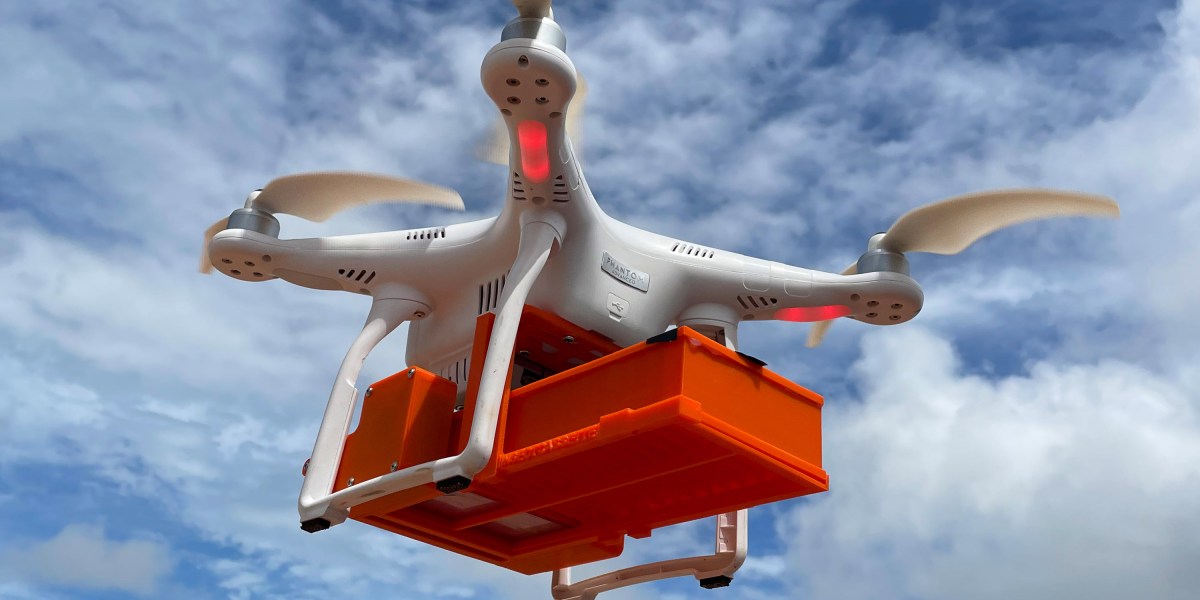This startup wants to fight growing global dengue outbreaks with drones

“From what we’ve seen so far, our method seems to be working well,” says Machado.
This isn’t the only attempt to use drones for the dispersal of disease-fighting mosquitoes—one team ran similar studies in Brazil’s northeast after the region saw an outbreak of zika in 2015 and 2016 that led to 3,308 babies being born with birth defects, and another is carrying out EU-funded tests in France and Spain.
Birdview is now negotiating with different biofactories, or insectaries, that sterilize male Aedes aegypti and with others that create what are called Wolbachia mosquitoes—Aedes aegypti injected with the Wolbachia bacteria can no longer transmit viruses like dengue—in hopes of creating partnerships so it can bring its technology to other countries.
“The mosquito is the deadliest animal in the world,” says Machado. “We want to work with as many insectaries as possible. This doesn’t have to be used just to fight the Aedes aegypti mosquito and the diseases it spreads. It can be used to fight malaria too.”
But for some experts, scaling up Birdview’s model and getting that technology to other countries—especially those that are low and middle-income—could become an obstacle.
“It’s a method that sounds promising, but we still need to better understand the costs involved,” says Neelika Malavige, head of Dengue Global Program and Scientific Affairs at the Drugs for Neglected Diseases Initiative (DNDi). “We need to know how affordable it will be to use this technology and how it can be relocated to other countries.”
Machado says the UN has previously given financial support to low-income countries for similar projects and hopes that it and other organizations will continue to do the same with this one.
He also notes the importance of decentralizing the work done with the drones by training at least one pilot per community using the mosquito-releasing technology.
“We don’t want anybody to have to rely on Birdview or any other company to do this work,” says Machado. “We want to be able to hand them the tools they need so they can be the ones to protect their own communities.”




